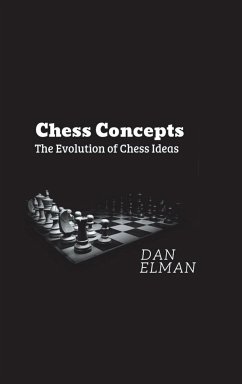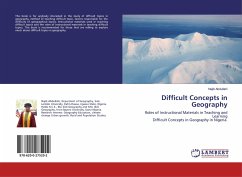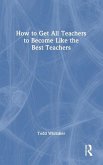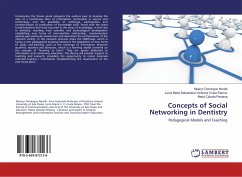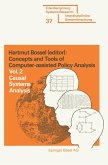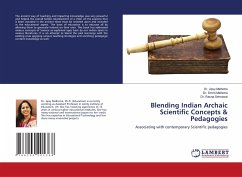The contents of this book is a 10 lecture series for chess educators, chess players and 'kibitzers'. This is not a primer for the game. This is a 'Chess Appreciation" course. The introductory sessions prepare the reader for some basic ideas that the teacher hopes the students understand. Then we are introduced to the evolution of ideas from the 6th century to the 21st century. This is a beautiful and exciting adventure of the mind. We meet Masters of the game who contributed to Chess Ages: The Golden Age The Romantic Age The Classical Age The Hypermodern Age The Neoclassical Age The Eclectic Age Chess Masters today feel more comfortable as a specific Age player; some reflect ideas from other Ages if they know their opponent's history would be uncomfortable. Apart from the moves, the Ages reflect the mindset of philosophy, psychology, even the political manipulations of the time. Introduction to these concepts to school students have had an enormous global effect. Children can now compete for their grade level at their school, their district, their State or Province, their country, and even at the World level., As with actors, musicians, poets, authors, mathematicians, etc. there exists a global comradery between all chess players whenever they meet. With this in mind enjoy the journey.
Hinweis: Dieser Artikel kann nur an eine deutsche Lieferadresse ausgeliefert werden.
Hinweis: Dieser Artikel kann nur an eine deutsche Lieferadresse ausgeliefert werden.

